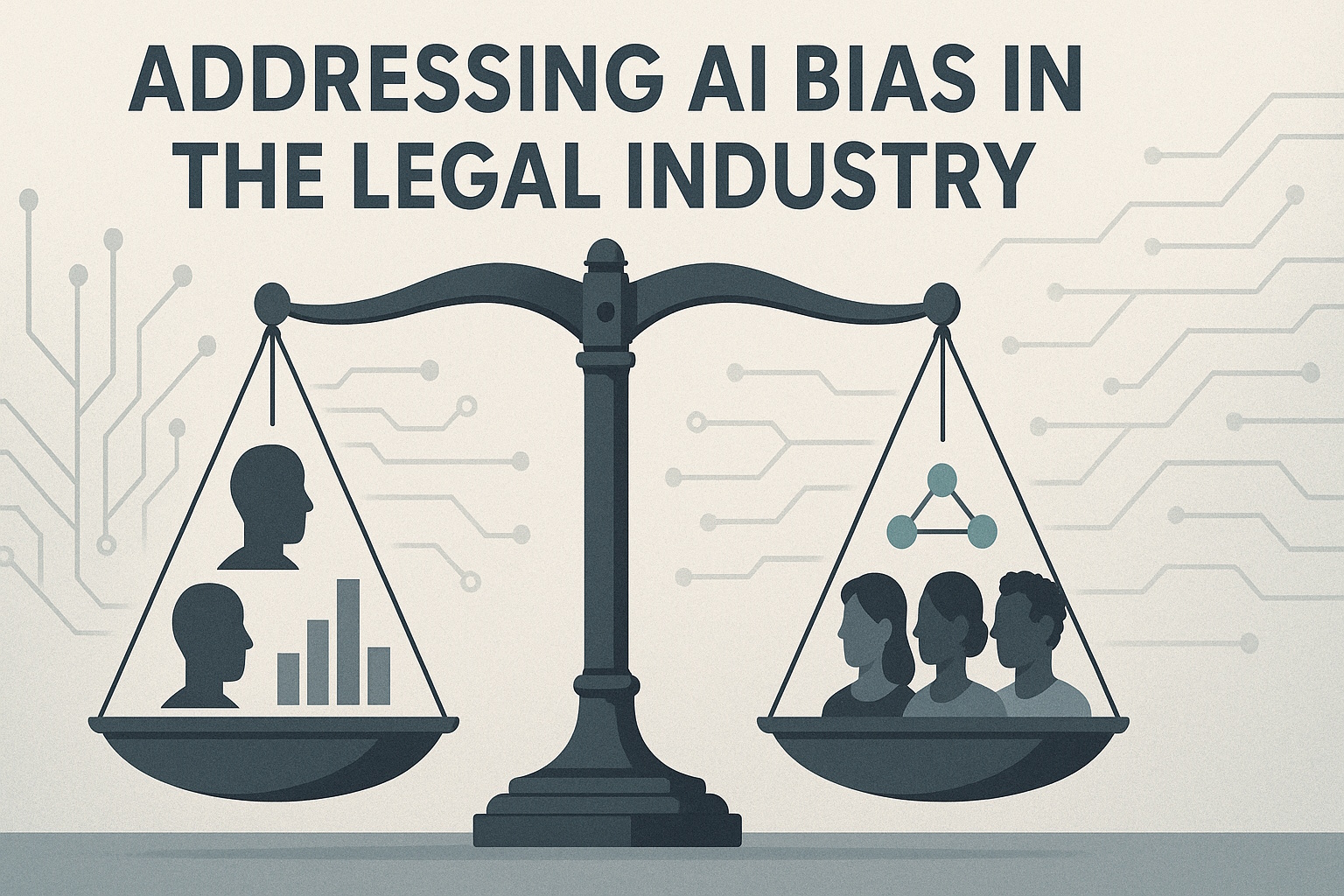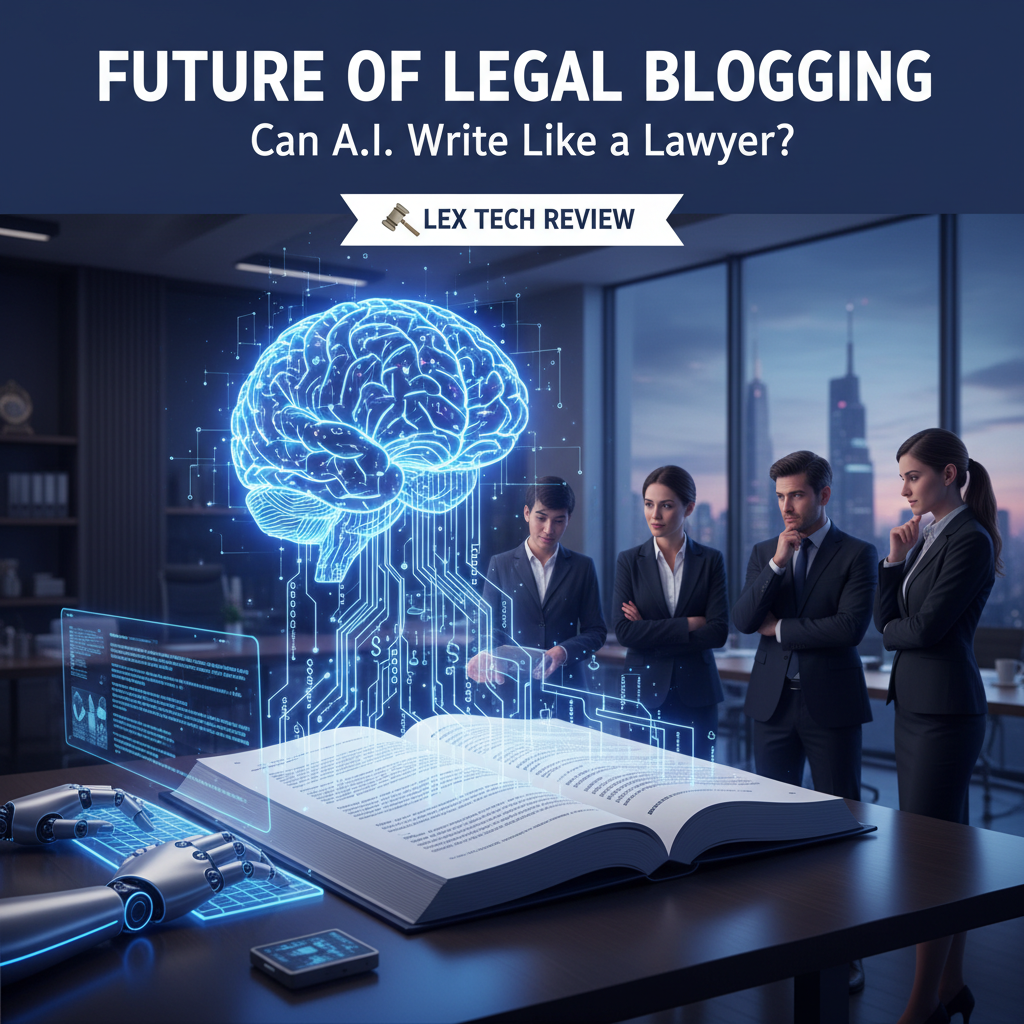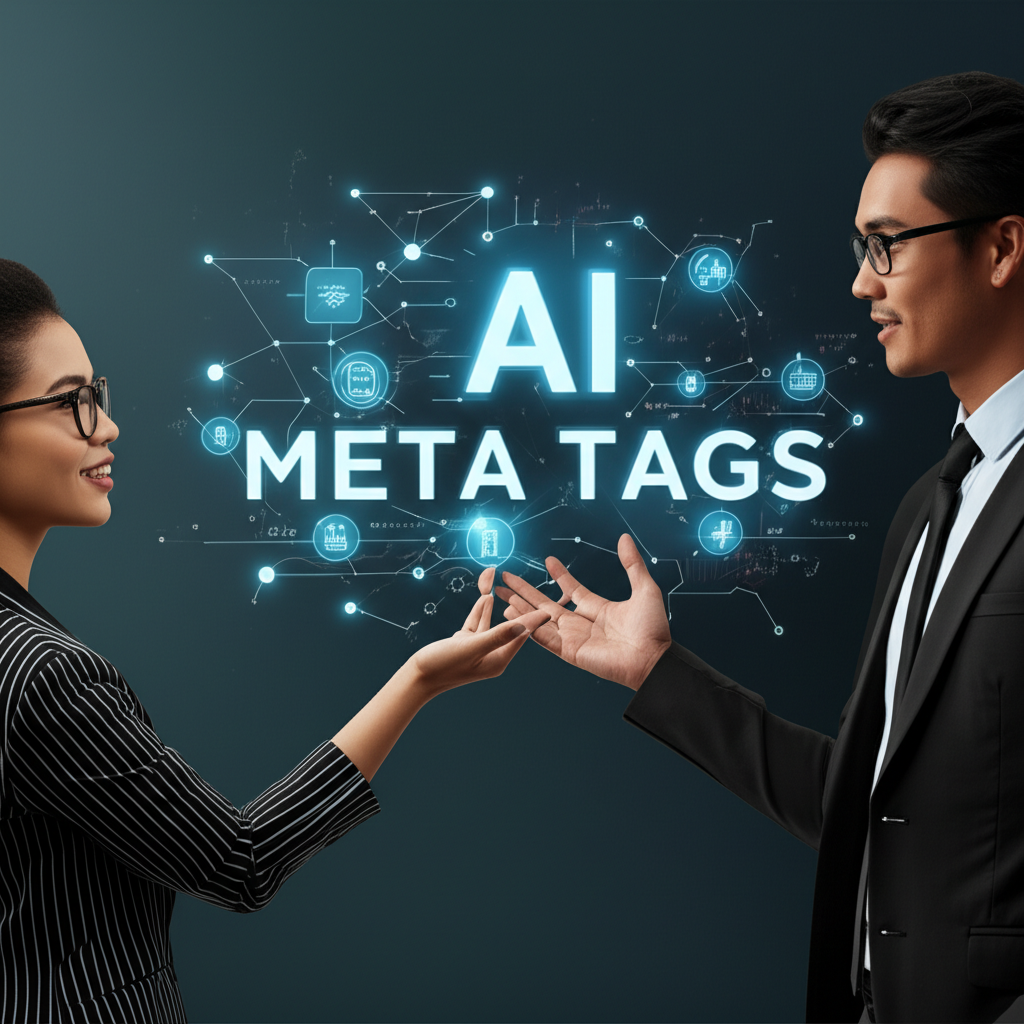AI Bias Concerns Prompt Call for Regulation in Legal Industry
Estimated Reading Time: 5 minutes
- AI bias poses risks of unfair outcomes in the legal industry.
- Regulation and oversight are essential to address these concerns.
- Transparency and independent audits can help mitigate biases.
- Legal professionals must engage actively with AI tools.
Table of Contents
- AI Bias Concerns in the Legal Industry
- Calls for Regulation and Oversight
- Practical Takeaways for Legal Professionals
- How LegalGPTs Can Help
AI Bias Concerns in the Legal Industry
AI bias refers to systematic errors or unfairness in AI systems that can lead to discriminatory outcomes. In the legal context, AI bias could manifest in several ways:
- Document review: AI tools used for e-discovery or contract analysis may be trained on historical data that reflects past biases, leading to skewed results or overlooked information.
- Predictive analytics: AI models that predict case outcomes, recidivism rates, or sentencing recommendations may rely on biased data or algorithms, perpetuating inequities in the justice system.
- Legal research: AI-powered legal research tools may prioritize certain types of cases or authorities based on biased training data, potentially influencing legal strategies and arguments.
- Hiring and promotion: AI systems used for recruiting or evaluating legal professionals may exhibit bias based on factors such as gender, race, or educational background.
Sources:
Calls for Regulation and Oversight
To address these concerns, legal experts and industry leaders are calling for increased regulation and oversight of AI in the legal sector. Some key recommendations include:
- Transparency: AI vendors should be required to disclose information about their algorithms, training data, and testing processes to ensure fairness and accountability.
- Auditing and testing: Independent audits and rigorous testing should be conducted to identify and mitigate potential biases in AI systems before deployment.
- Human oversight: AI tools should be used to assist and augment human decision-making, not replace it entirely. Legal professionals should remain involved in critical decisions and review AI outputs for accuracy and fairness.
- Ethical guidelines: The legal industry should develop and adopt ethical guidelines for the use of AI, addressing issues such as bias, transparency, and accountability.
Sources:
Practical Takeaways for Legal Professionals
As the legal industry navigates the challenges of AI bias, there are several steps that IT professionals, legal secretaries, attorneys, and paralegals can take:
- Educate yourself: Stay informed about the latest developments in AI and bias issues in the legal industry. Attend webinars, read articles, and participate in discussions to build your knowledge.
- Evaluate AI tools carefully: When considering AI tools for your organization, ask vendors about their approach to bias mitigation, testing, and transparency. Look for tools that have been independently audited or certified for fairness.
- Monitor and review: Regularly monitor the outputs of AI systems for potential biases or errors. Establish processes for human review and oversight to catch and correct any issues.
- Advocate for ethical AI: Support industry efforts to develop and implement ethical guidelines for AI in the legal sector. Encourage your organization to adopt best practices for fair and responsible AI use.
How LegalGPTs Can Help
At LegalGPTs, we are committed to helping legal organizations navigate the challenges and opportunities of AI in the industry. Our team of experts provides consulting services to assist with AI strategy, tool selection, implementation, and bias mitigation. We stay at the forefront of AI developments in the legal sector to ensure our clients are well-positioned to leverage these technologies ethically and effectively.
To learn more about how LegalGPTs can support your organization’s AI journey, visit this link to schedule a consultation with our team. Together, we can harness the power of AI to drive innovation and efficiency in the legal industry while prioritizing fairness, transparency, and accountability.
FAQ
Q: What is AI bias in the legal context?
A: AI bias refers to systematic errors or unfairness in AI systems that can lead to discriminatory outcomes in legal processes.
Q: Why is regulation of AI important?
A: Regulation is essential to ensure fairness, accountability, and transparency in the deployment of AI tools within the legal industry.
Q: How can legal professionals contribute to ethical AI use?
A: Legal professionals can educate themselves, advocate for ethical guidelines, and actively monitor AI tool outputs to promote responsible AI use.




